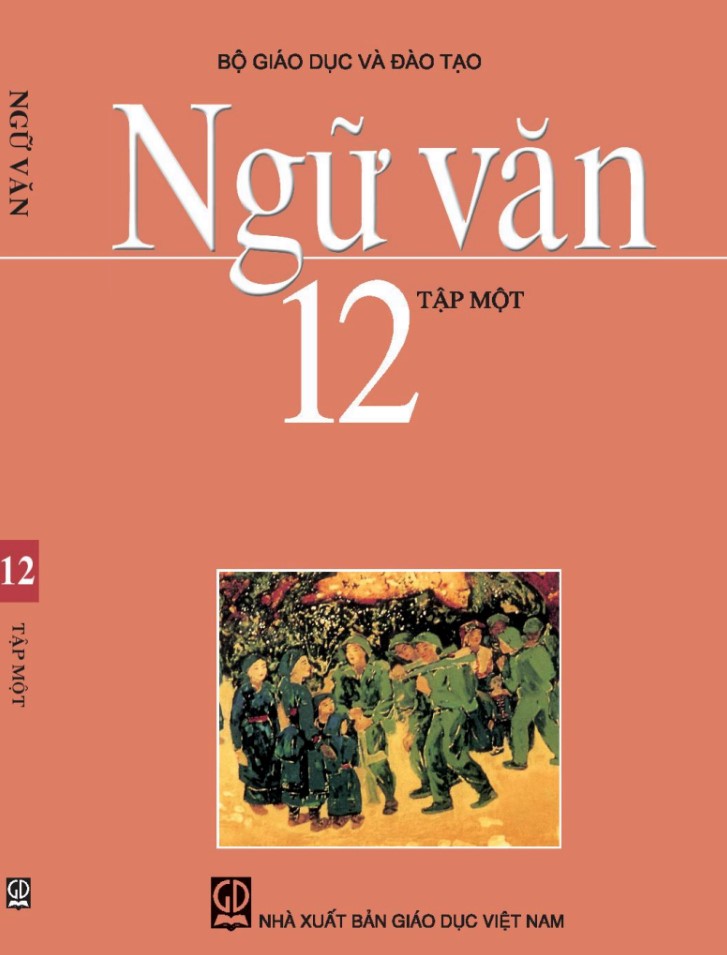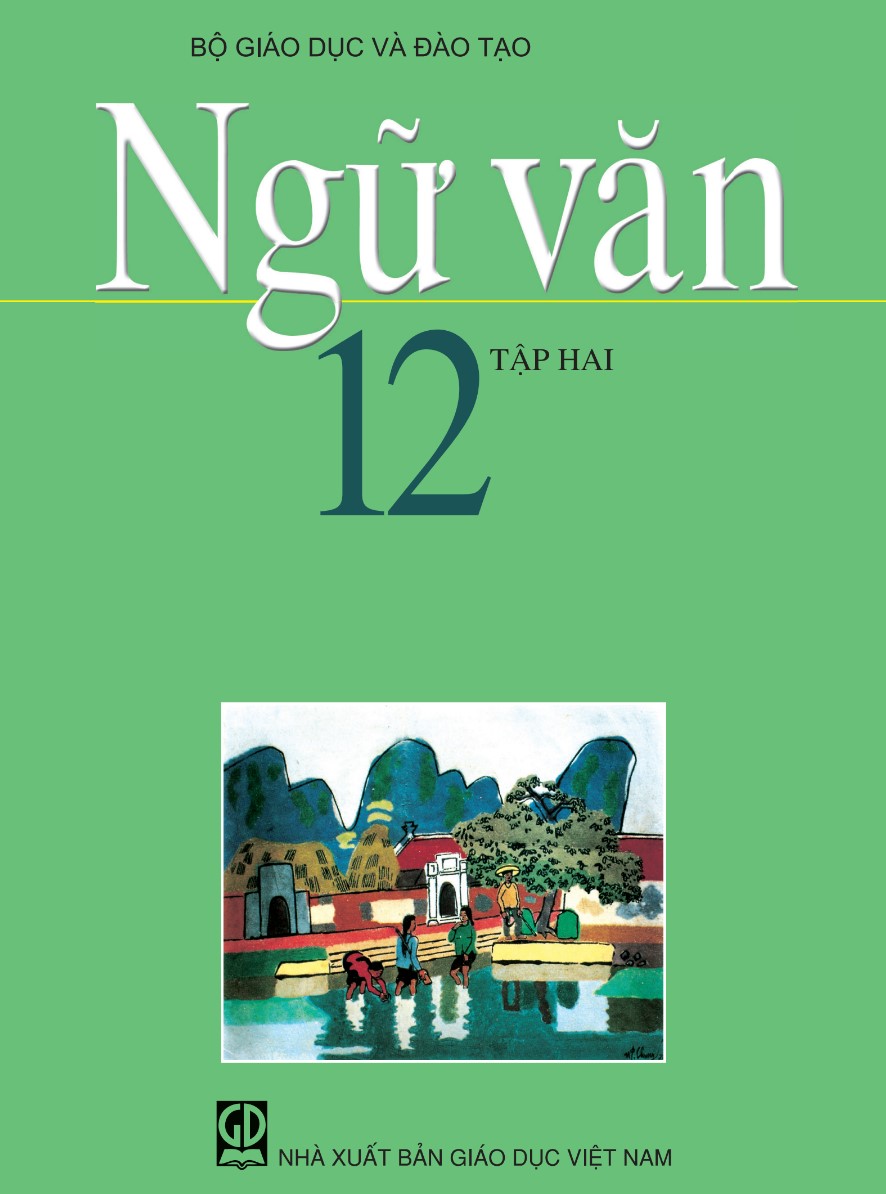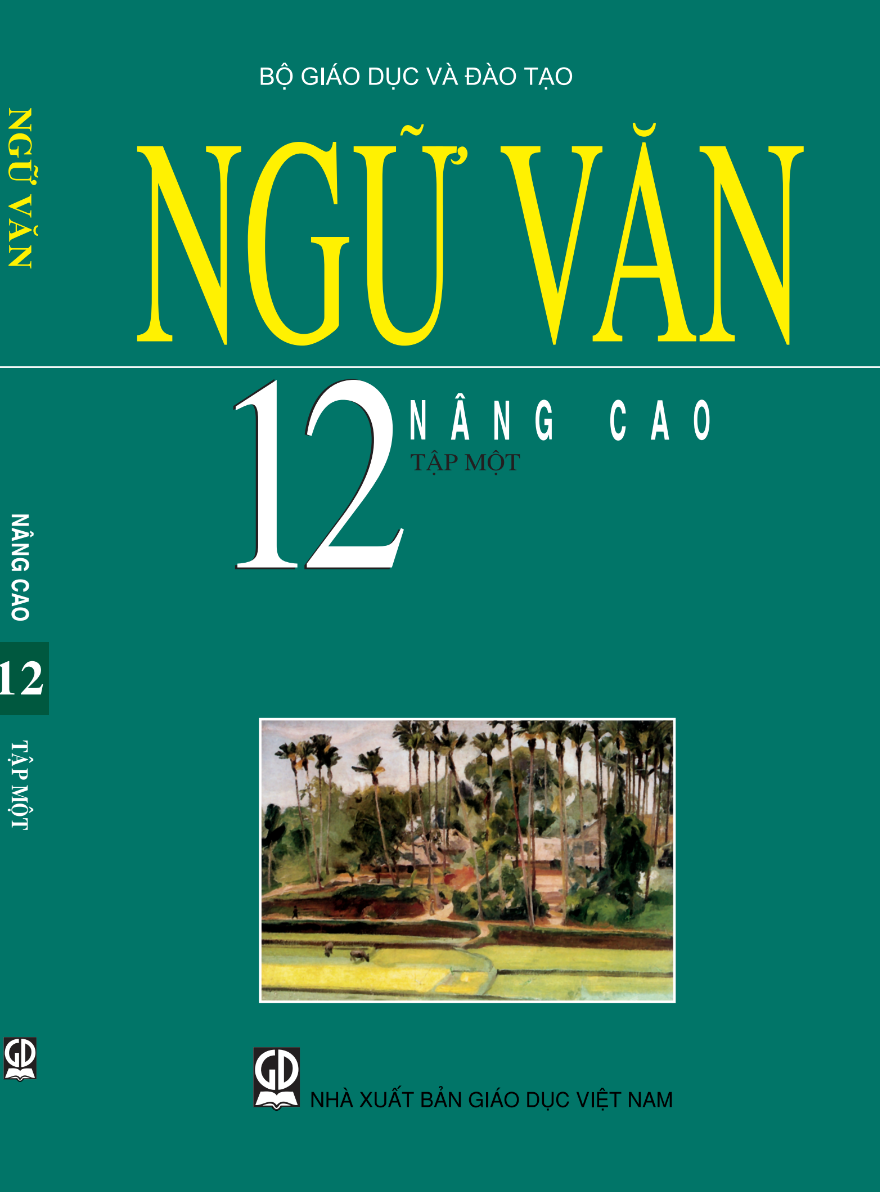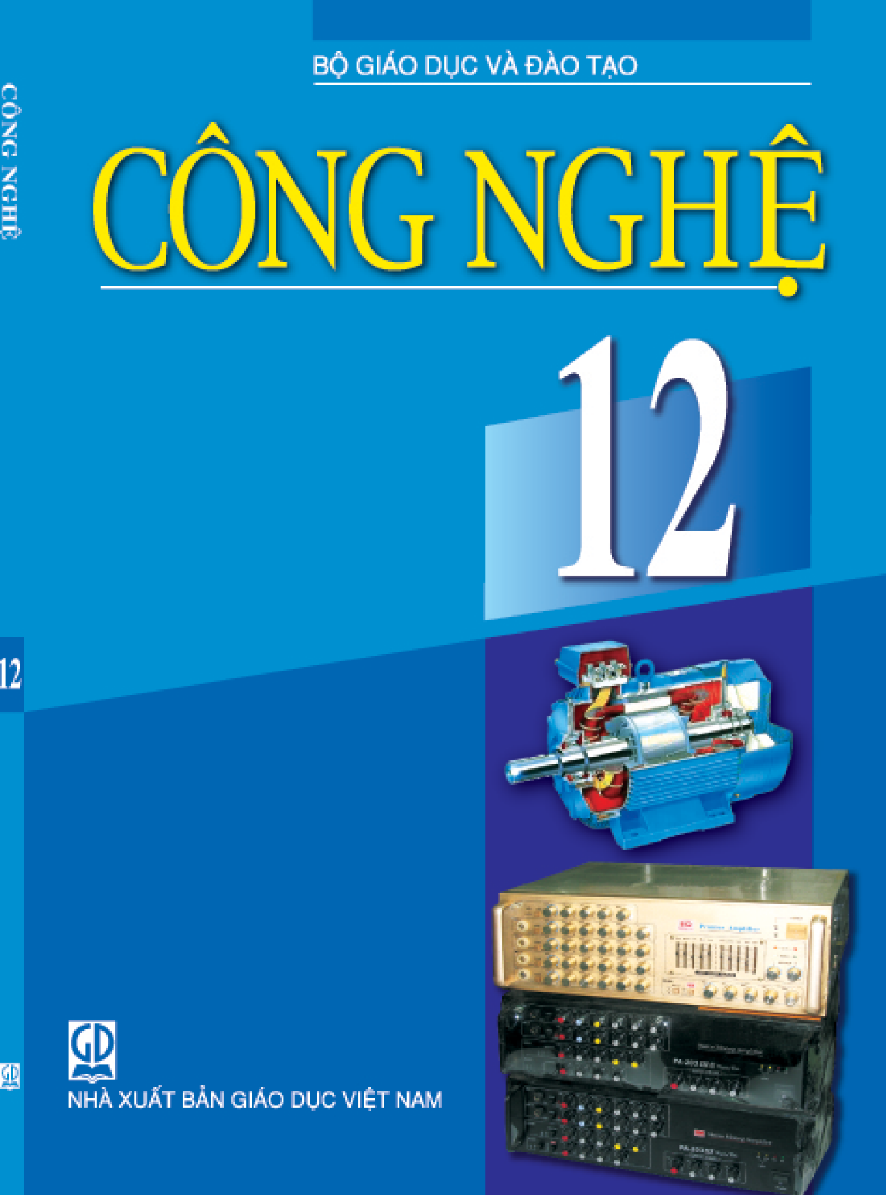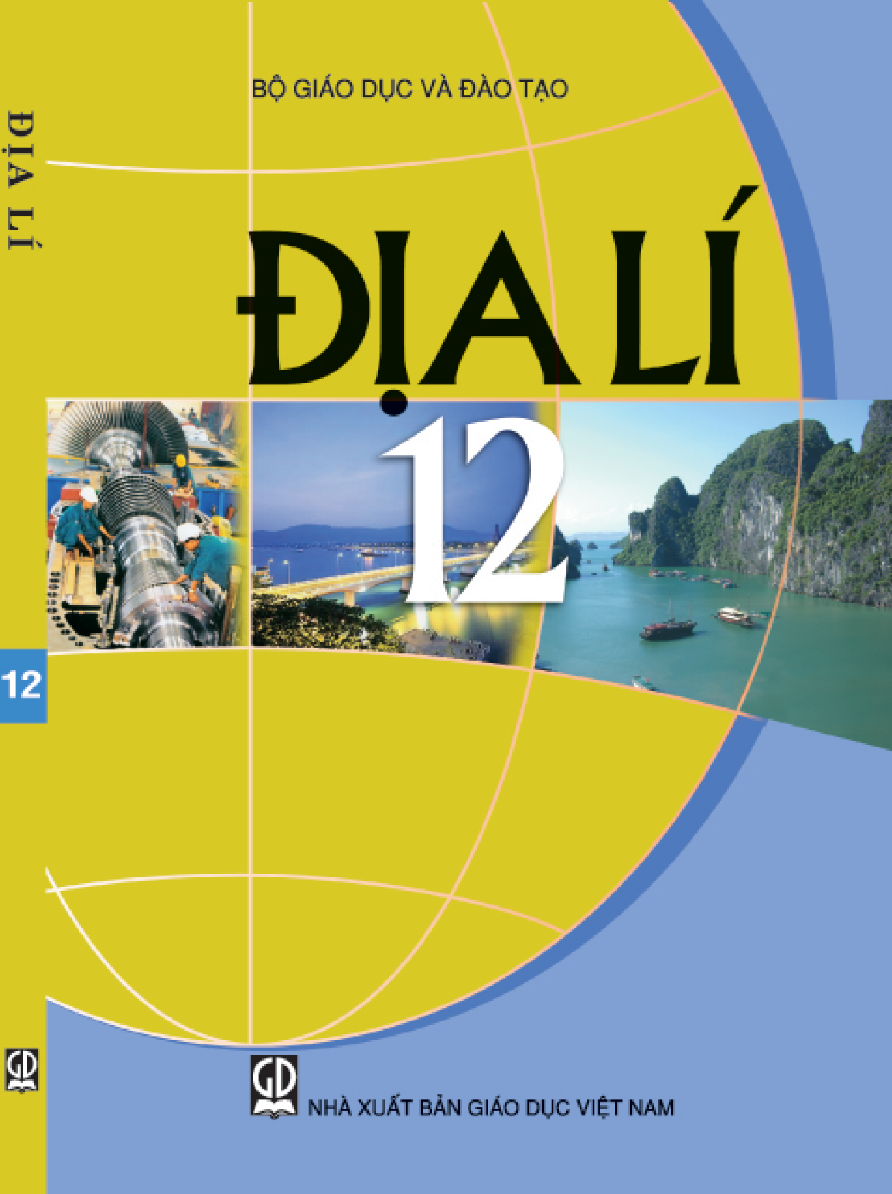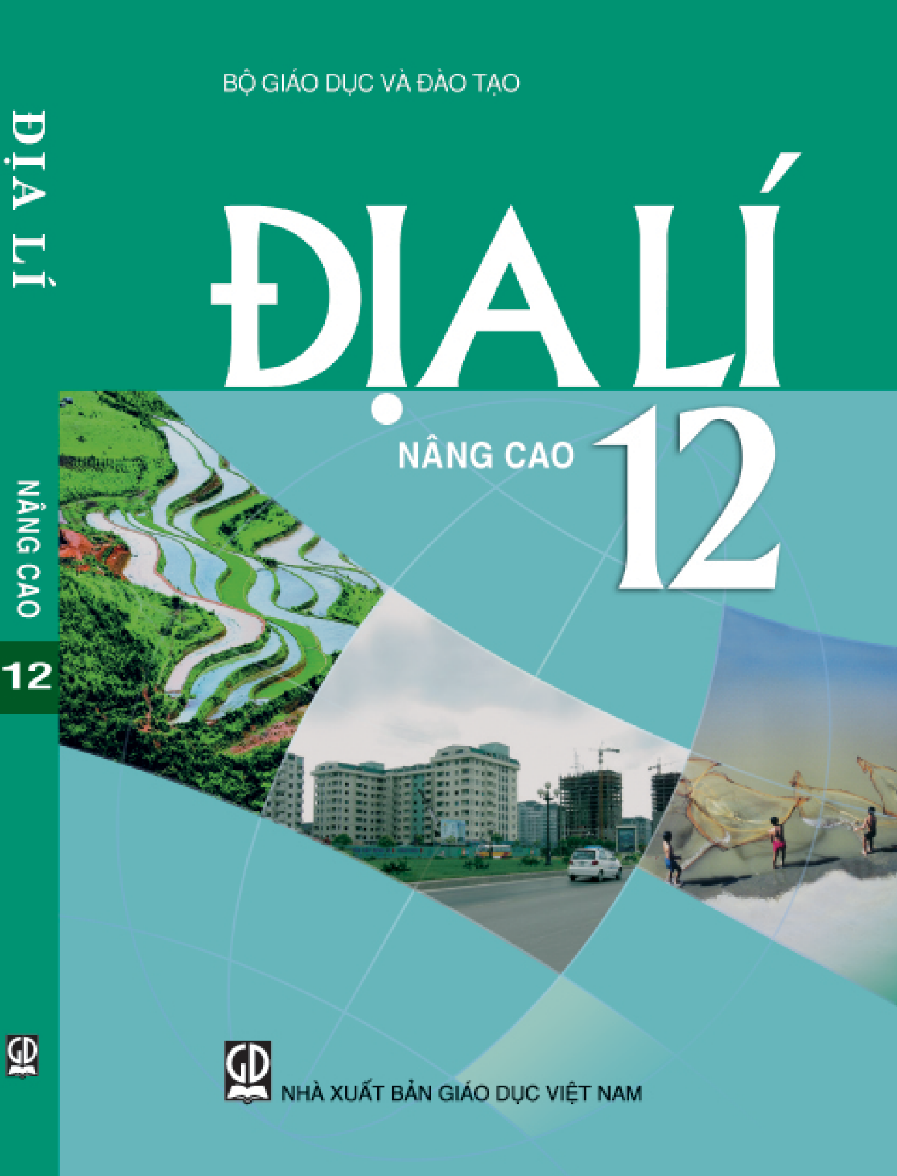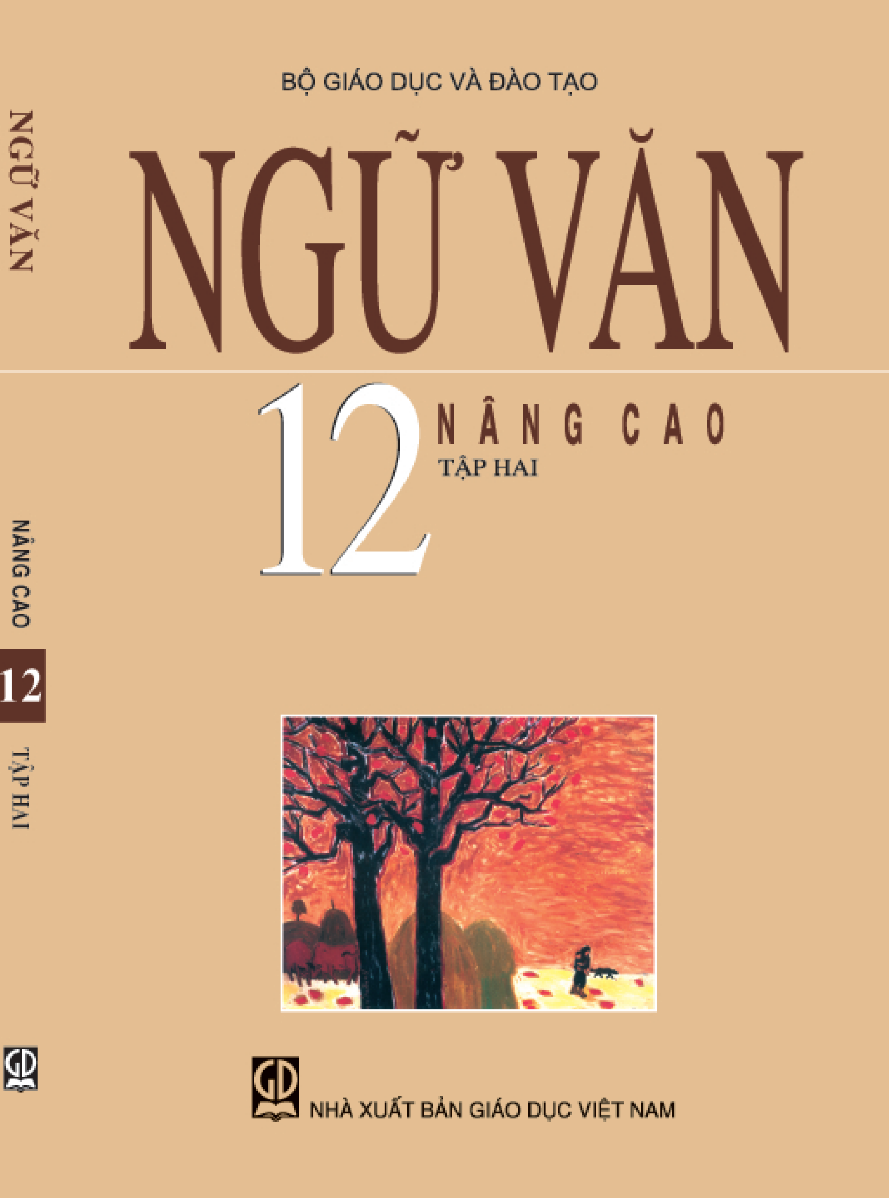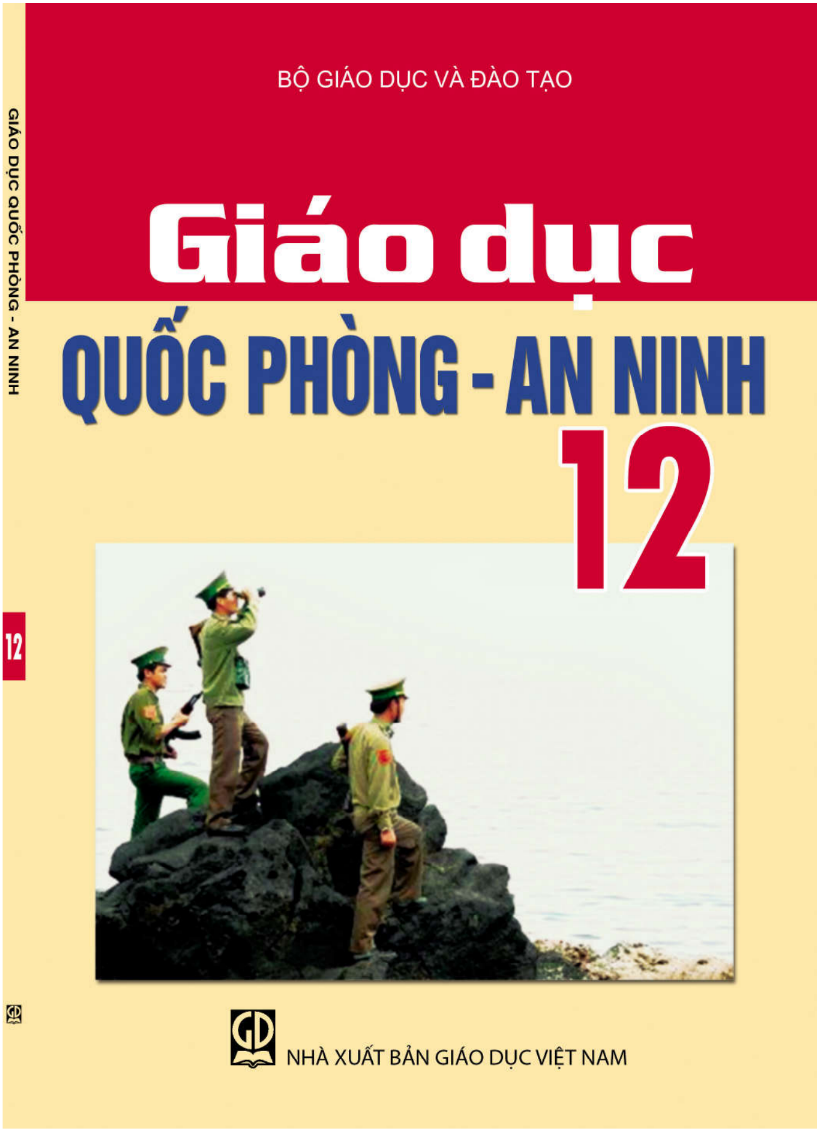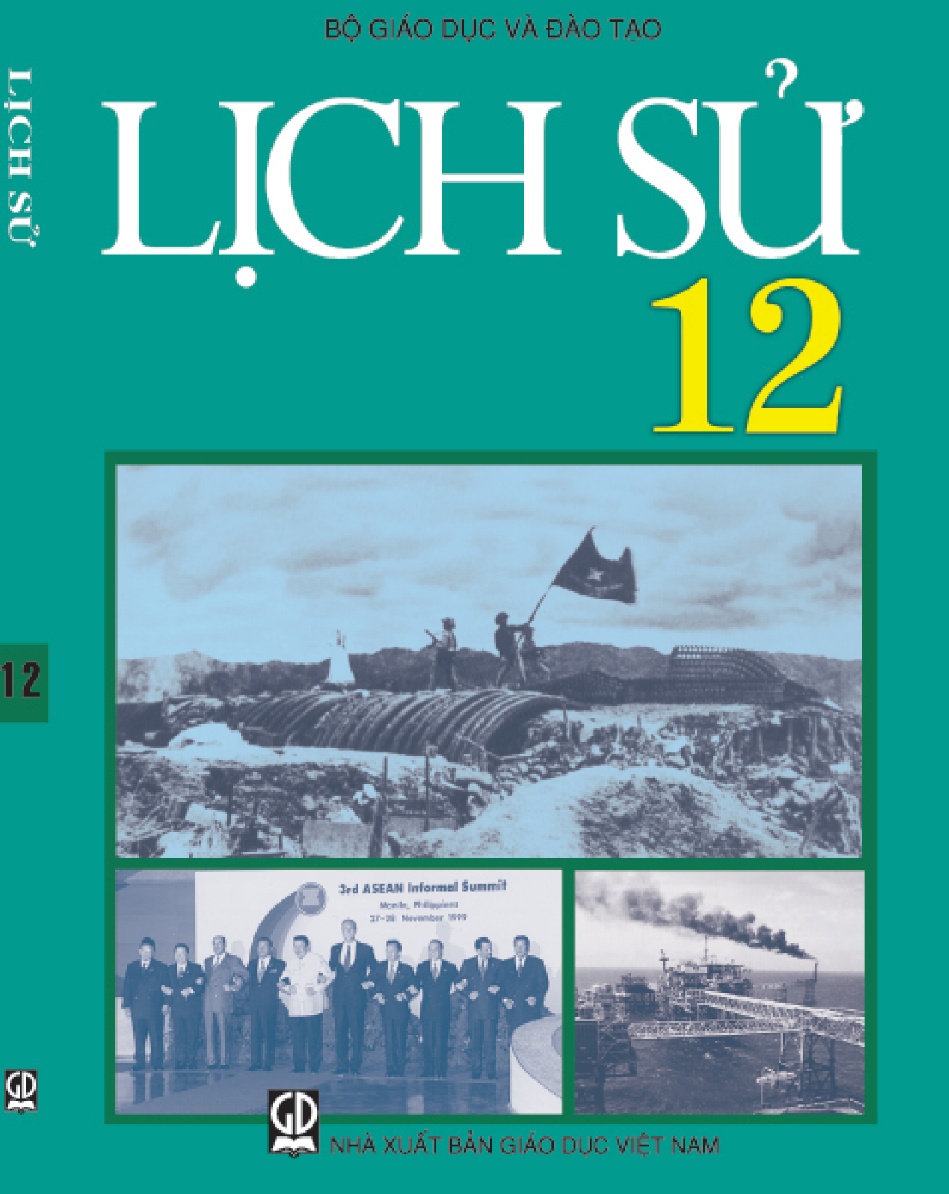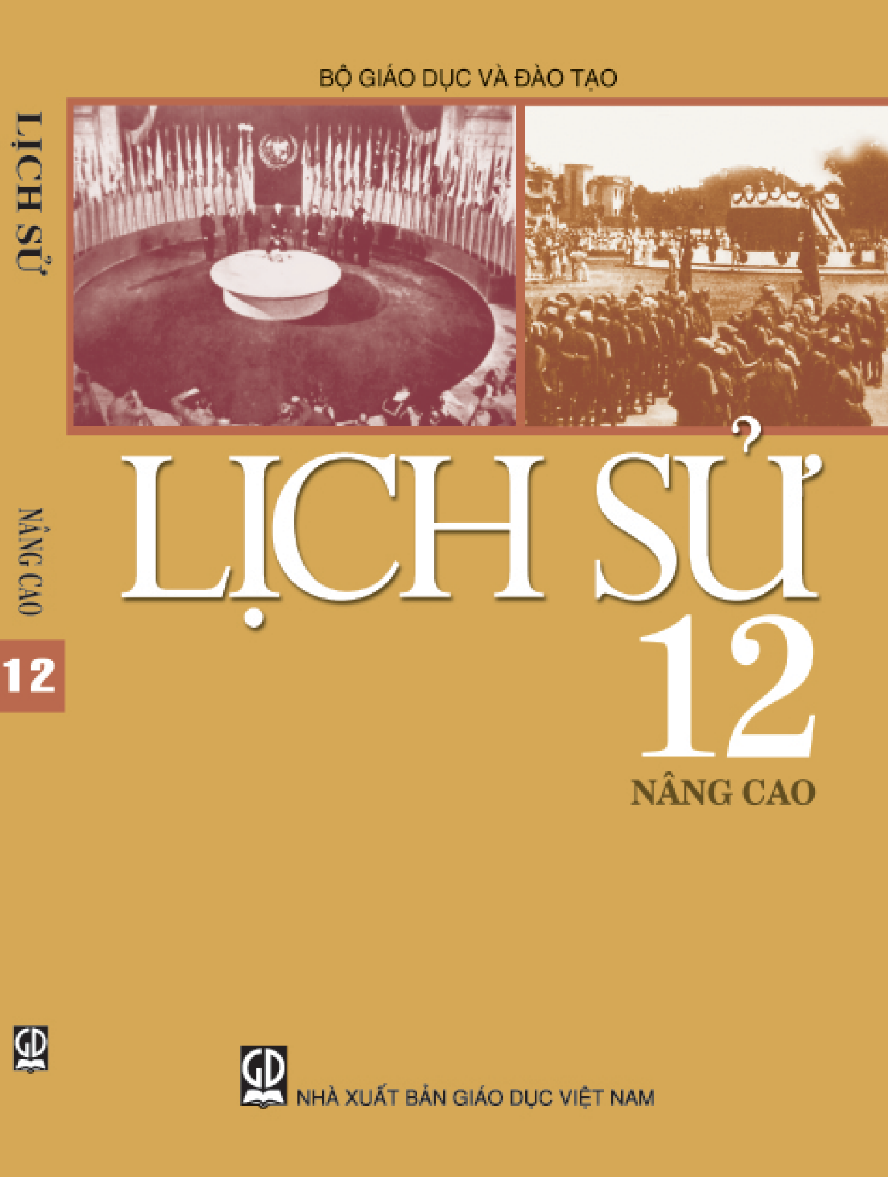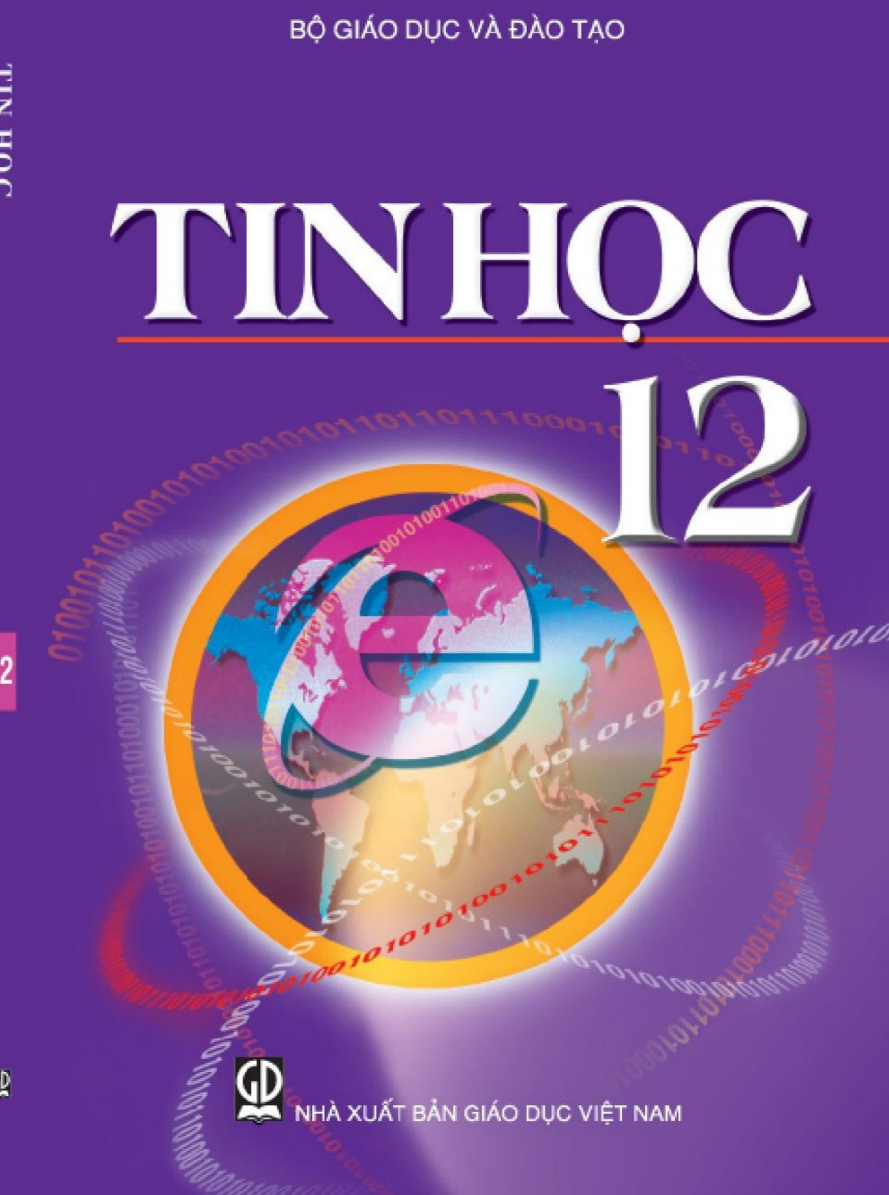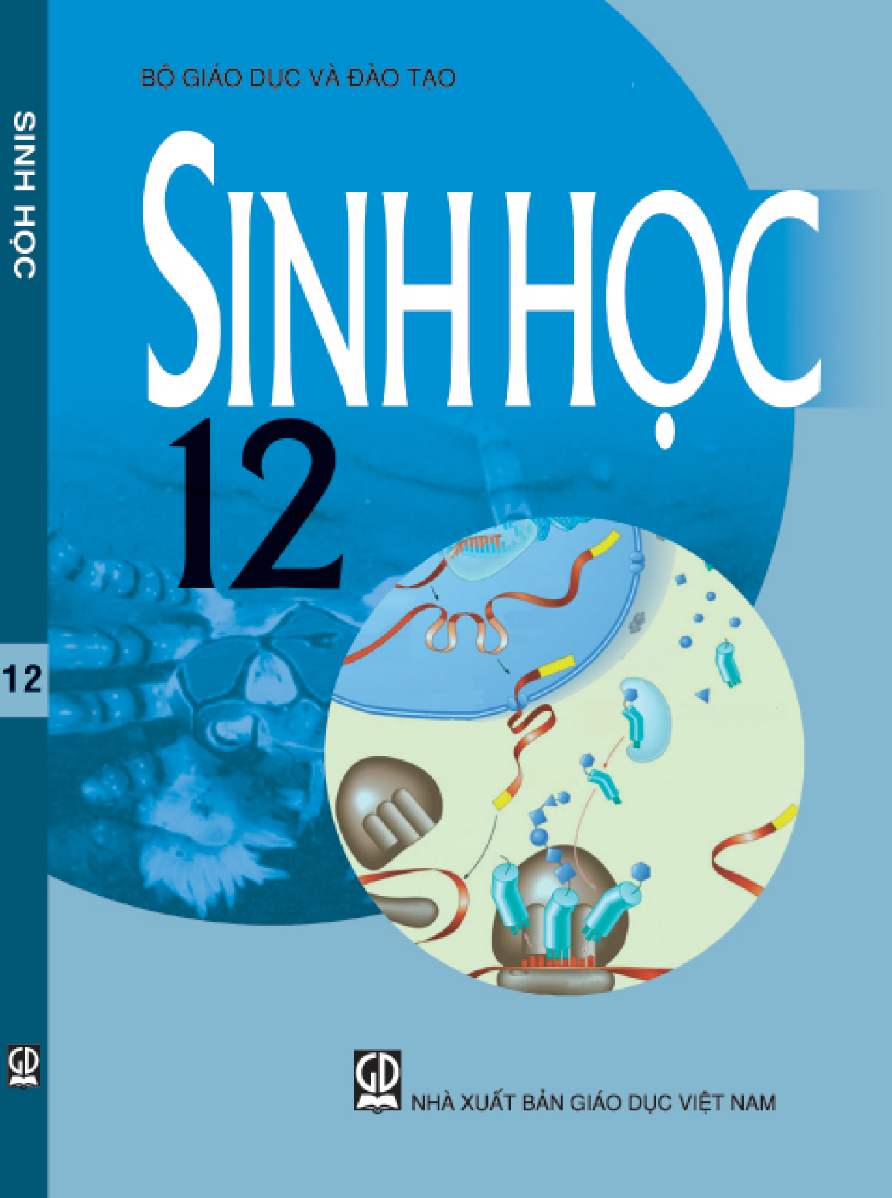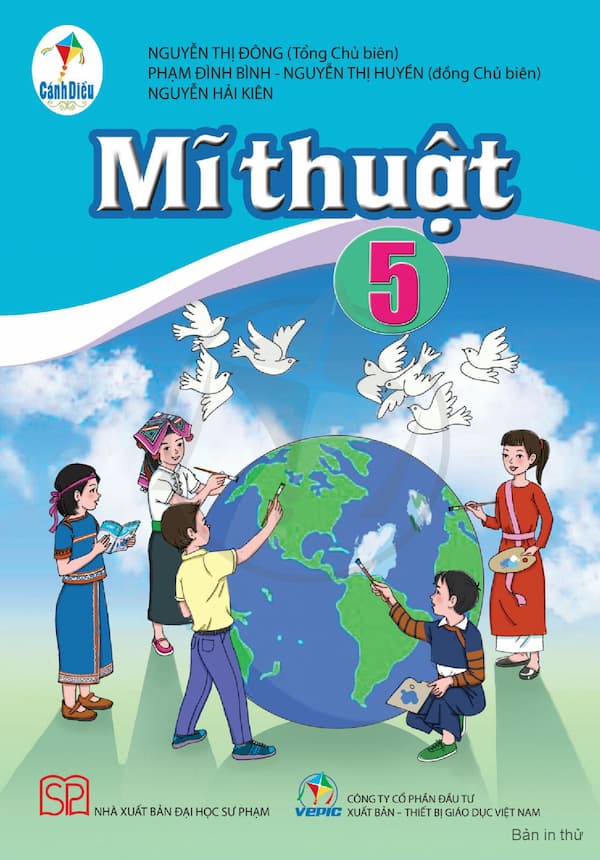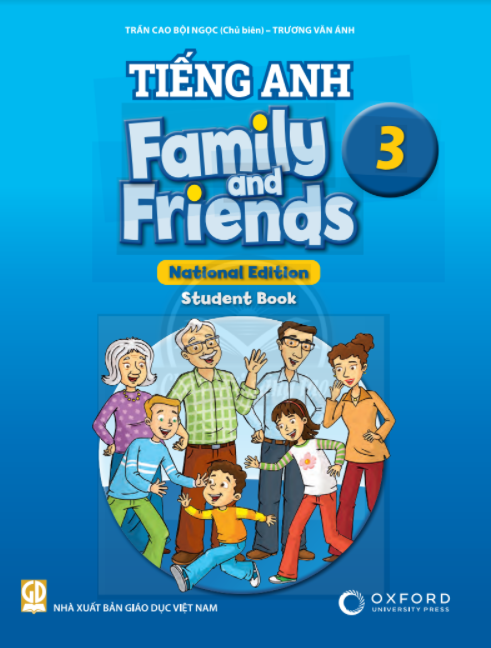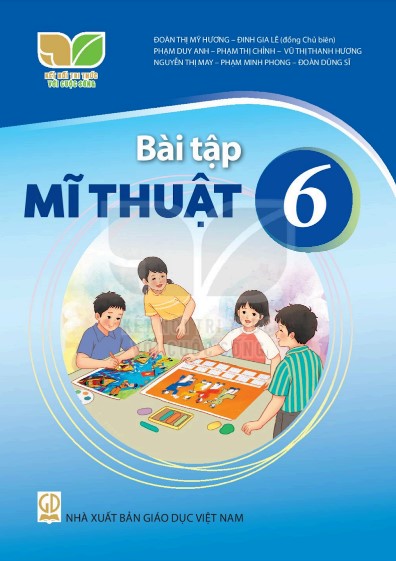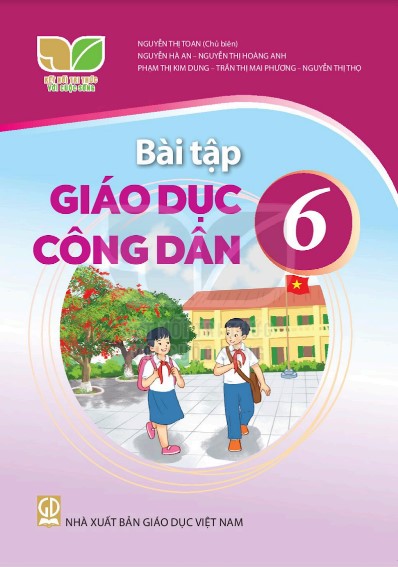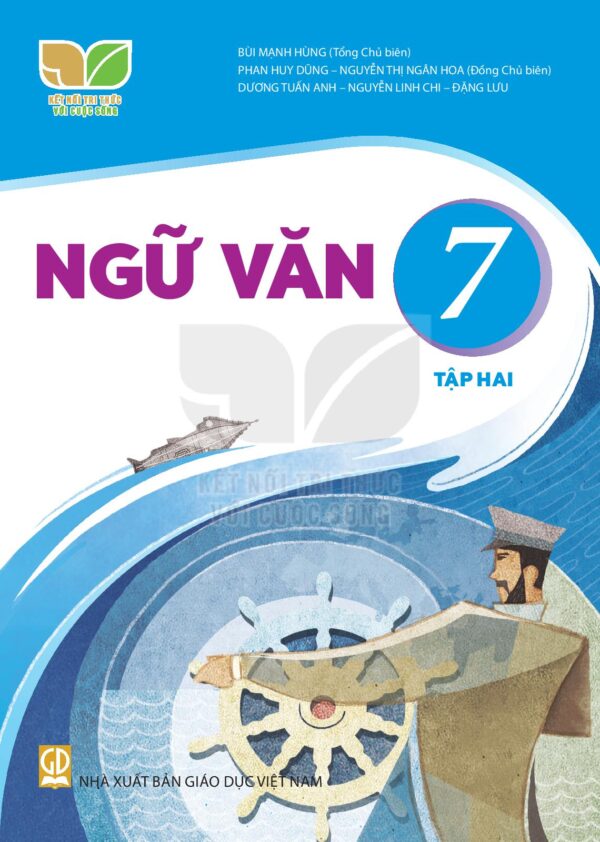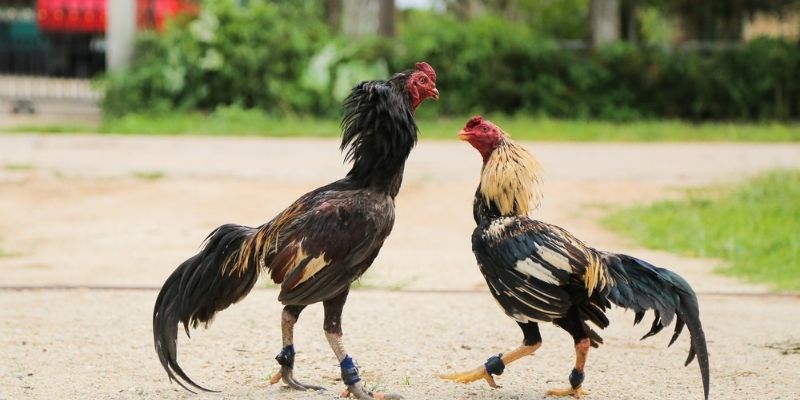(Page 144)
APPENDIX 1:
USEFUL COMMUNICATION STRATEGIES AND LANGUAGE FOR CLASSROOM CONVERSATIONS AND DISCUSSIONS
To start a conversation or discussion, you can:
• present the topic, e.g. Let's talk about...
• ask your partner for personal information related to the topic, e.g. Ly, do you often recycle at home?/Ly, which job on the list do you like?
• ask for an opinion, e.g. Ly, what food do you think we should have on Korea Culture Day?
• ask team members if they are ready to start, e.g. Are you all ready to start?/Should we start?/ Who'd like to start?
To keep a conversation going, you should:
• use Wh-questions, e.g. Who should we invite to the Environmental Day? What activities should we organise? How much time should each activity take?
• show that you are interested in and encourage the speaker to continue speaking, e.g. Right./ I see./Interesting!/Really?
• show that you have understood, e.g. I take your point./Fair enough./I know what you mean.
• show that you are going to speak, but need to give yourself time to think, e.g. Well, let me think./ I'm not sure./Hold on a minute./That's a good question.
To give and exchange opinions in a conversation or discussion, you should:
• state your opinion clearly, e.g. I think/I believe/In my opinion,
• ask for an opinion and explanation from other speakers, e.g. What about you?/Why do you think so?
• express your agreement or disagreement politely, e.g. I agree with you./(I'm afraid) I have to disagree.
To present your ideas clearly in a discussion, you should:
• state your opinion directly, e.g. I think/believe chatbot apps will be very effective in the classroom.
• introduce your arguments, e.g. There are two main reasons.
• use linking words to order your arguments, e.g. First, .../Second,.../Besides, .../Moreover, .../In addition, .../Last, .../Finally, ...
To end a conversation or discussion, you should:
• summarise it, e.g. We've decided.../We've agreed to.../We've covered all points.
• conclude it and thank participants, e.g. Great, we're now ready for.../That's all we have today./It was a very useful discussion./Thank you all for your ideas.
